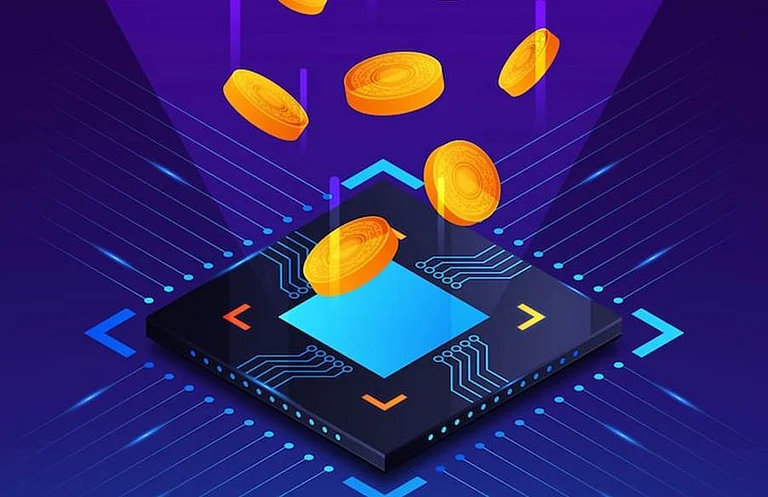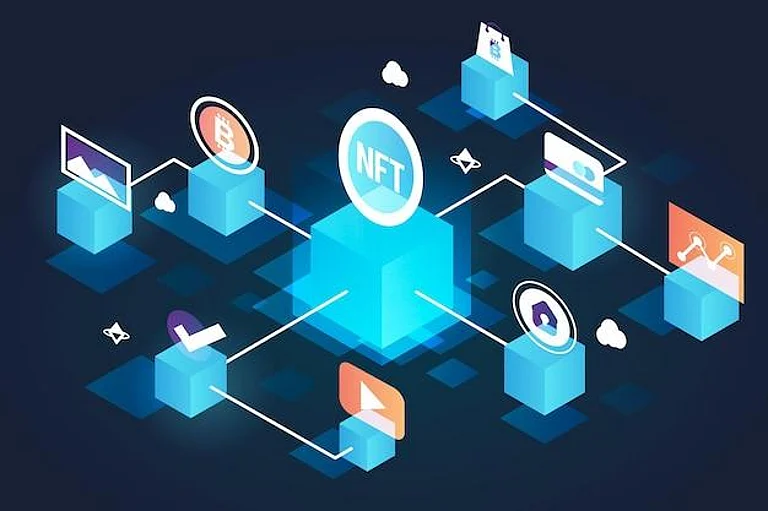Finance is in the midst of a revolution, driven by blockchain and digital assets. Tokenization, the process of converting ownership rights of physical assets into digital tokens, has been among the most impactful developments in this sector. Among numerous asset classes, real estate has posed as a top candidate for tokenization due to its traditionally high worth and lack of liquidity. At the core of tokenization, especially in property, is the Special Purpose Vehicles (SPVs) notion. SPVs provide the legal, working, and structural arrangements that enable efficient and secure tokenization of property. It is crucial that investors, developers, and regulators comprehend their position as they navigate this fresh evolution.
Comprehending Special Purpose Vehicles (SPVs)
A Special Purpose Vehicle, or SPV, is a legally recognized individual formed for one narrowly defined purpose. It possesses a dissociation of the parent firm or asset owner, encompassing financial and legal risks. In mainstream finance, SPVs have been extensively utilized to manage risk, for project finance, and securitizations. It is their ability to be kept apart from assets and liabilities that makes them a natural fit for blockchain-based tokenization, especially in the case of high-value assets like real estate.
Why SPVs Are Indispensable in Real Estate Tokenization
Tokenization of a property asset is the process of dividing ownership of a property into digital tokens, which represent fractional interests in the property. This can be made complex by the absence of clear legal underpinnings, particularly where multiple investors from various jurisdictions are concerned. SPVs address this issue through their function as legal owner of the property.
The SPV owns the real estate asset on trust for the token holders, who in turn have proportionate interests in the SPV but not directly in the property. This method gives certainty of ownership, keeps compliance straightforward, and makes investors' rights and obligations legally enforceable.
Legal Clarity and Investor Protection
Legal certainty is among the greatest advantages of using an SPV in real estate tokenization. This is because the SPV is the owner of the title of the property, keeping any issues of ownership or rights among the token holders to a bare minimum. Token holders essentially hold equity in the SPV, which legally makes them entitled to a portion of the income, gain, or proceeds arising from the property.
Additionally, SPVs provide an element of protection for the investor. By ring-fencing the asset in a separate legal entity, any financial risk that is associated with the property—market conditions or operational issues, say—is contained within the SPV. This safeguards other parent company assets or other unrelated investments from being impacted.
Operational Efficiency Through SPVs
Management of a tokenized property asset entails a number of operational activities, including collecting rent, property maintenance, paying tax, and distribution of profit. SPVs streamline the process by focusing activities into the middle. Blockchain-based smart contracts enable transactions such as token transfer, dividend payment, and reporting by investors. The combination of legal construct and technology ensures operational efficiency, reduces administrative costs, and provides maximum visibility to investors.
Real Estate Tokenization and SPVs in Real-World Application
Real estate tokenization, facilitated by SPVs, is changing investor access to premium-priced properties. Real estate investment previously required significant capital, which limited it to rich organizations or institutions. With the creation of an SPV that owns the property and the issuance of tokens for fractioned interest ownership, developers and owners can access a greater variety of investors.
For example, a $50 million commercial property can be tokenized into 50,000 digital tokens and each token will represent a $1,000 share of equity. Global investors can buy such tokens to access real estate returns such as rental yields or capital appreciation without holding the asset. SPV protects rights of investors by law, maintains tidy income distributions, and becomes compliant with regulators.
Making Real Estate Investments More Liquid
Liquidity has never been an issue in real estate since it can take months or even years to dispose of an asset. SPVs provide liquidity through token trade ability on sanctioned digital platforms or secondary markets. One can sell or acquire their interest without disrupting the property's ownership. This fractional ownership model makes real estate investment more democratic and develops new avenues to diversify a portfolio.
Regulatory Compliance and Cross-Border Investments
SPVs also enable bridging the complex regulatory landscape of tokenized real estate. Different jurisdictions have different rules for securities, property ownership, and digital assets. Token issuers can follow local rules by incorporating the SPV in a favorable jurisdiction and yet be able to attract foreign investors. The SPV acts as an intermediary between traditional legal systems and blockchain technology, making cross-border real estate investment and security more efficient.
Challenges to Consider
While they are beneficial, their application in real estate tokenization is not without disadvantages. Setting up an SPV requires legal expertise, time, and resources. Additionally, regulatory frameworks for tokenized securities are under development, and issuers have to be watchful not to fall into compliance issues. There also has to be consideration of threats like market volatility, secondary market liquidity shortages, and operational risks due to management of the properties.
The Future of SPVs in Real Estate Tokenization
As blockchain adoption accelerates, SPVs will be an integral part of tokenized property. They provide the legal and operational system upon which fractional ownership can be made functional, secure, and even available. For developers and investors, SPVs enable one to easily integrate legacy real estate assets into the digital world, bridging the dichotomy between legacy investment structures and emerging financial technologies.
Conclusion
Special Purpose Vehicles are the cornerstone of real estate tokenization. In the legal ownership of property, operational administration, and regulatory compliance, SPVs create an organized, transparent, and secure infrastructure for tokenized investments. To investors, it means clean ownership rights, easier entry, and enhanced liquidity. To asset owners, SPVs provide access to world capital and simpler management of fractionalized assets.
In the evolving landscape of Real Estate Tokenization, SPVs are not mere constructs of the law—they are drivers of innovation, trust, and efficiency connecting the established real estate world to the boundless possibilities of the digital asset universe. What they do must be comprehended by anyone seeking to enter or invest in tokenized real estate.

























